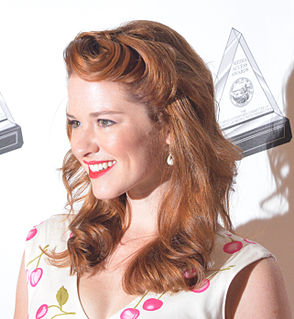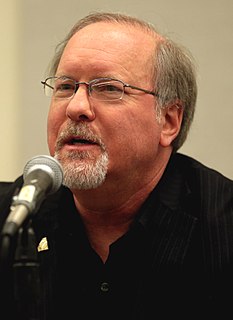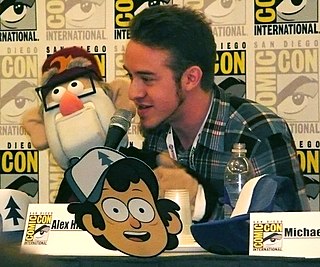A Quote by Peter Jackson
I first read 'The Lord of the Rings' as an adolescent. It's a dense novel, a sprawling, complex monster of a book populated with a prolific number of characters caught up in a narrative structure that, frankly, does not lend itself to conventional storytelling.
Related Quotes
When Peter Jackson did The Lord of the Rings trilogy with Fellowship of the Ring, not everyone had read Tolkien, and yet somehow with that scope and the spectacle of that fantasy, people were willing to give it a shot. And when they watched the first one, the characters drew them in and they started understanding the story. And then, all of a sudden, they were The Lord of the Rings fans, even if they never read Tolkien.
There are a lot of experimental novels that test the boundaries of what the novel is, and 'Conversations' is not one of those. It's conventional in its structure, even though its prose style and the themes it explores and the politics that underpin it, maybe, are on the experimental side. Its basic structure is pretty conventional.
One thing that's a lot harder to put into stories than you'd think is the idea of a traditional monster, because monsters with a capital 'M' don't inherently lend themselves to a story about your character. Unless one of your characters is themselves the monster, simply having a monster leads to a chase or a hunt.
I read John Irving's novel 'The World According To Garp' when I was about 14 or 15. It was the first grown-up book that I had read. It is the story of a young man who grows up to be a novelist. I finished it, and I wanted to write a book that made the reader feel the way I felt at the end of that, which was sort of both bereft and elated.



































